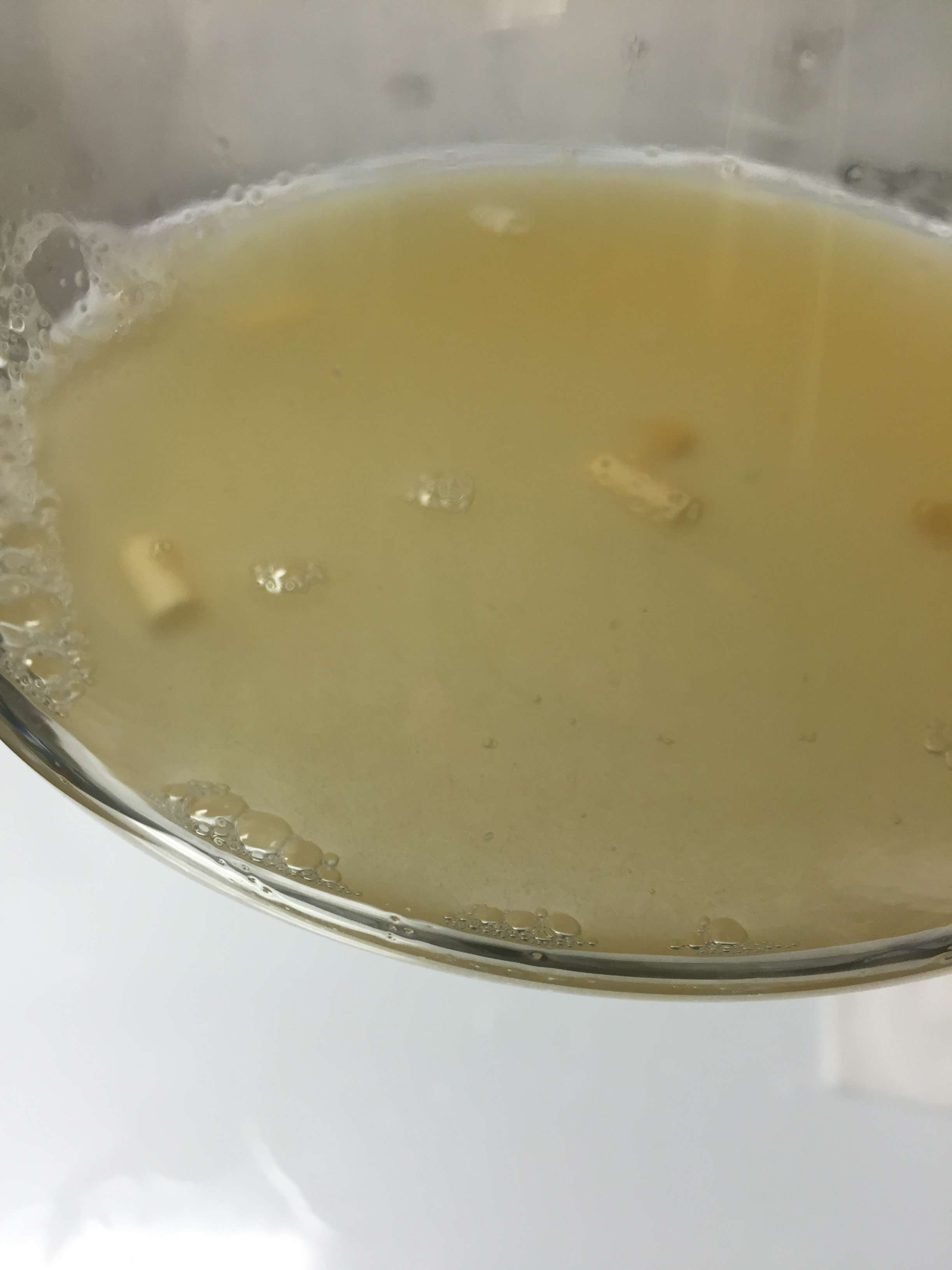sancycling
Well-Known Member
- Joined
- Nov 12, 2013
- Messages
- 83
- Reaction score
- 6
Hello,
I'm diving into sour beer brewing and will be trying to use kettle souring technique for my first batch. So I have many questions. I don't care if I'm really into style, I just want to make something tasty. Will be using a typical Flanders Red grain bill.
1) What should I use for the kettle souring? Options: WLP672 Lactobacillus brevis or WLP677 Lactobacillus delbrueckii, perhaps both? I only have access to White Labs products.
2) Should I expect a gravity drop after 2 - 3 days of Kettle souring?
3) What should I use for primary fermentation after boiling and adding hops? I'm looking for a low PH tolerant strain. I was thinking of doing a 100% Brett fermentation as I believe it tolerates low PH well and will eat some of the Lacto byproducts. Or should I use some Sacc strain that is low PH tolerant and then add the Brett for secondary and ageing?
I appreciate the input.
I'm diving into sour beer brewing and will be trying to use kettle souring technique for my first batch. So I have many questions. I don't care if I'm really into style, I just want to make something tasty. Will be using a typical Flanders Red grain bill.
1) What should I use for the kettle souring? Options: WLP672 Lactobacillus brevis or WLP677 Lactobacillus delbrueckii, perhaps both? I only have access to White Labs products.
2) Should I expect a gravity drop after 2 - 3 days of Kettle souring?
3) What should I use for primary fermentation after boiling and adding hops? I'm looking for a low PH tolerant strain. I was thinking of doing a 100% Brett fermentation as I believe it tolerates low PH well and will eat some of the Lacto byproducts. Or should I use some Sacc strain that is low PH tolerant and then add the Brett for secondary and ageing?
I appreciate the input.




